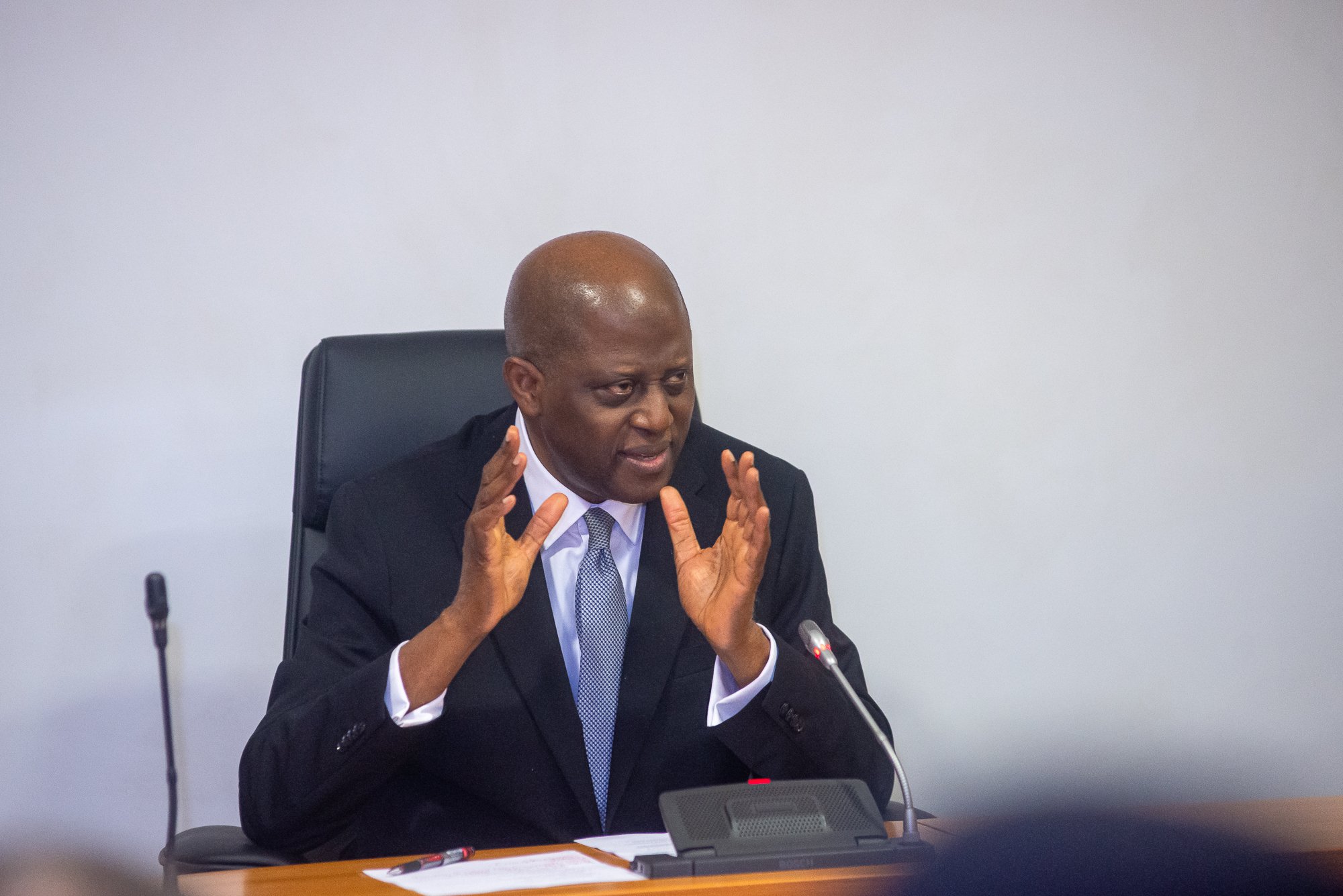Add a comment
Advertisement


Olayemi Cardoso, governor of the Central Bank of Nigeria (CBN), says empowering Nigerians to save, invest, and thrive economically is key to reducing poverty and fostering economic growth.
In a statement on X, CBN said Cardoso spoke at the 2nd International Finance Inclusion Conference (IFIC) held in Lagos on Tuesday.
“Financial inclusion is not just a goal; it is key to poverty reduction, income equality, and economic growth,” the CBN governor said.
“For Nigeria, this means empowering citizens to save, invest, and thrive economically.”
Cardoso also said women are essential to Nigeria’s economic growth, however they face financial exclusion.
“When women thrive financially, they uplift families and communities,” he said.
“The CBN is committed to closing this gap, offering support for women and youth to achieve financial independence and drive economic growth.”
He pledged to reduce barriers and make finance accessible to all, adding that “by reaching the unbanked, we are building a resilient, $1 trillion economy”.
According to the statement, Nigeria is advancing in financial inclusion through resilient policies, digital solutions, and financial literacy programmes that empower young Nigerians to achieve financial independence, foster entrepreneurship, and drive growth.
Philip Ikeazor, deputy governor of financial system stability at the CBN, called for greater teamwork across government, the private sector, financial technology (FinTech), and civil society to achieve the goal of 95 percent financial inclusion by 2024.
Ikeazor said Nigeria’s commitment to the ‘MayaDeclaration’ — a global initiative for responsible and sustainable financial inclusion that aims to reduce poverty and ensure financial stability for the benefit of all — has driven progress in financial access.
The deputy governor added that since the 2012 national financial inclusion strategy, the adult exclusion rate dropped from 46.3 percent in 2010 to 26 percent in 2023.